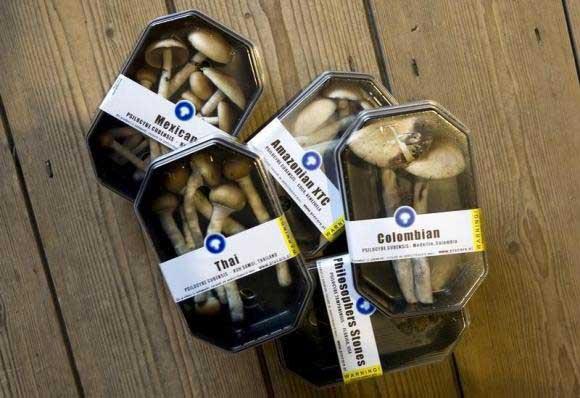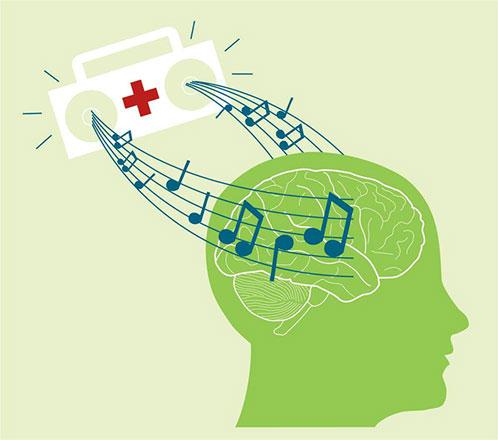You are here
Magic mushroom ingredient may ease severe depression, study suggests
By Reuters - May 17,2016 - Last updated at May 17,2016
LONDON — Psilocybin, the psychedelic compound in magic mushrooms, may one day be an effective treatment for patients with severe depression who fail to recover using other therapies, scientists said on Tuesday.
A small-scale pilot study of psilocybin’s use in cases of treatment-resistant depression showed it was safe and effective, the British researchers said.
Of 12 patients given the drug, all showed some decrease in symptoms of depression for at least three weeks. Seven continued to show a positive response at three months. Five remained in remission beyond the three months.
Robin Carhart-Harris, who led the study at Imperial College London’s department of medicine, said the results, published in the Lancet Psychiatry journal, were striking.
Many patients described a profound experience, he said, and appeared to undergo a shift in the way they perceived the world.
“But we shouldn’t get carried away with these results,” he told reporters at a briefing in London. “This isn’t a magic bullet. We’re just learning how to do this treatment.”
Magic mushrooms grow worldwide and have been used since ancient times, both for recreation and for religious rites.
British researchers led by David Nutt, a professor of neuropsychopharmacology at Imperial, have been exploring the potential of psilocybin to ease severe forms of depression in people who don’t respond to other treatments.
The World Health Organisation estimates that some 350 million people worldwide are affected by depression, a common mental disorder characterised by sadness, loss of interest or pleasure, tiredness, feelings of guilt or low self-worth, disturbed sleep and appetite, and poor concentration.
Many patients respond to treatment with antidepressants and cognitive behavioural therapy, but around 20 per cent don’t get better and are classed as having treatment-resistant depression.
Psilocybin acts on the serotonin system, suggesting it could be developed for treating depression. But hallucinogenic drugs can also cause unpleasant reactions, including anxiety and paranoia, so Nutt’s team wanted to find out if psilocybin can be given safely.
The trial involved six men and six women, aged between 30 and 64, all diagnosed with treatment-resistant depression. They all went through a full screening process before being allowed to participate and they were fully supported before, during and after they received psilocybin.
The patients were given psilocybin capsules during two dosing sessions, seven days apart.
Blood pressure, heart rate and the self-reported intensity of the effects of psilocybin were monitored during each session, and the patients were seen by a psychiatrist the next day and one, two, three and five weeks after the second dose.
Carhart-Harris said no serious side effects were reported during the study.
Related Articles
Scientists studying the effects of the psychedelic chemical in magic mushrooms have found the human brain displays a similar pattern of activity during dreams as it does during a mind-expanding drug trip.
A nerve stimulation device from Cyberonics improved cardiac function in heart failure patients in a small clinical trial, in contrast to an unsuccessful study backed by Boston Scientific.
Traditional depression treatments like psychotherapy or medication might work better for some patients when doctors add a dose of musi
















